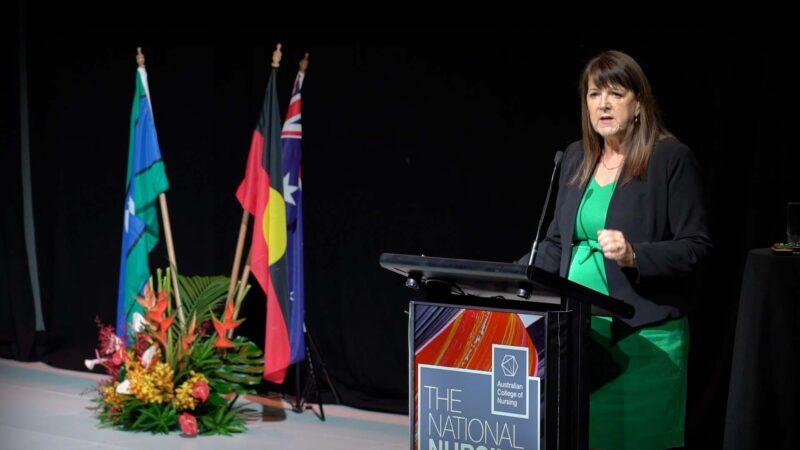People In Health Care; Dr Gaj Panagoda,
empowering underprivileged communities
Xstitch Health takes project based approach to
creating community-driven,
sustainable health outcomes
Dr Gaj Panagoda, CEO of Xstitch Health, has a diverse medical background and is working to improve health systems for underprivileged communities. In the Australian Health Journal’s People In Health Care series, he talks about the changes needed in community-based care using a project based approach,
According to Dr Panagoda, there is a need for a shift towards community-based care and collaboration with stakeholders in the healthcare system, and the potential to create a new kind of socially conscious, inspired, community-informed medical specialist is the future of medical specialty care.
Project-based job outcomes are clear, post-COVID community-based health systems are innovative, and the six pillars of Xstitch involve working with communities to identify strengths and challenges, collaborating with stakeholders, and deciding what’s needed.
Communities, including underprivileged ones, have untapped strengths that can be harnessed for their own healthcare journeys, and Xstitch Health aims to do something different by focusing on change management, policy, and governance.
“We are looking at a unique model to fund health projects based on community-defined issues and deliverables, with most interest coming from schools”, says Dr Panagoda.
He’s seen, schools in underprivileged areas that are providing services for students with particular needs, are interested in working better with health systems, to address acute issues.
Dr Panagoda believes medical specialists in Australia have untapped potential to address the wider needs of patients and can start taking action on their collective knowledge without waiting for higher positions.
Xstitch Health offers a new kind of job for doctors, combining patient care with system improvement and the opportunity to work in various locations.
Health professionals need support in their role in communities and a collaborative model for medical specialists is being developed to have a big impact across Australia.
You Might also like
-
Surgeon receives global award for kidney transplant science
Commencing a new series called Pioneers in Health Care, is an interview with Professor Jeremy Chapman AC who for over 40 years, has been involved in nephrectomy, or kidney transplantation.
Honoured “for eminent service to medicine, particularly in the areas of clinical and biomedical research, to the development of ethical policy and practices for organ donation, acquisition and transplantation, and to renal medicine organisations and publications, Jeremy Chapman AC has played significant roles in development of kidney, pancreas and unrelated Bone Marrow Transplantation in Australia. -
Role of the Chief Nursing Officer
Professor Alison McMillan PSM spoke with Australian Health Journal about the role of Chief Nursing and Midwifery Officer at the Australian Government Department of Health and Aged Care.
Alison was appointed as our Chief Nursing and Midwifery Officer in November 2019.
In June 2021 Alison was awarded a Public Service Medal for outstanding public service to driving the Government’s national health response priorities during the COVID-19 pandemic, particularly to infection prevention measures.
-
Medicinal cannabis in Australia Update
According to the Australian Journal of General Practice, published by the Royal Australian College of General Practitioners, more than 130,000 medicinal cannabis approvals have been issued in Australia to date, mostly by general practitioners, with approximately 65% of these to treat chronic non-cancer pain. Despite robust supportive data from animal models, current clinical trial evidence for THC and CBD efficacy in chronic pain is incomplete. In their prescribing decisions, doctors must balance patient demand and curiosity with caution regarding potential risks and limited efficacy.
Australian Health Journal met with 3 speakers at the recent ARCS22 Conference providing an update on medicinal cannabis. The discussion with the speakers now centres on affordability and access.



